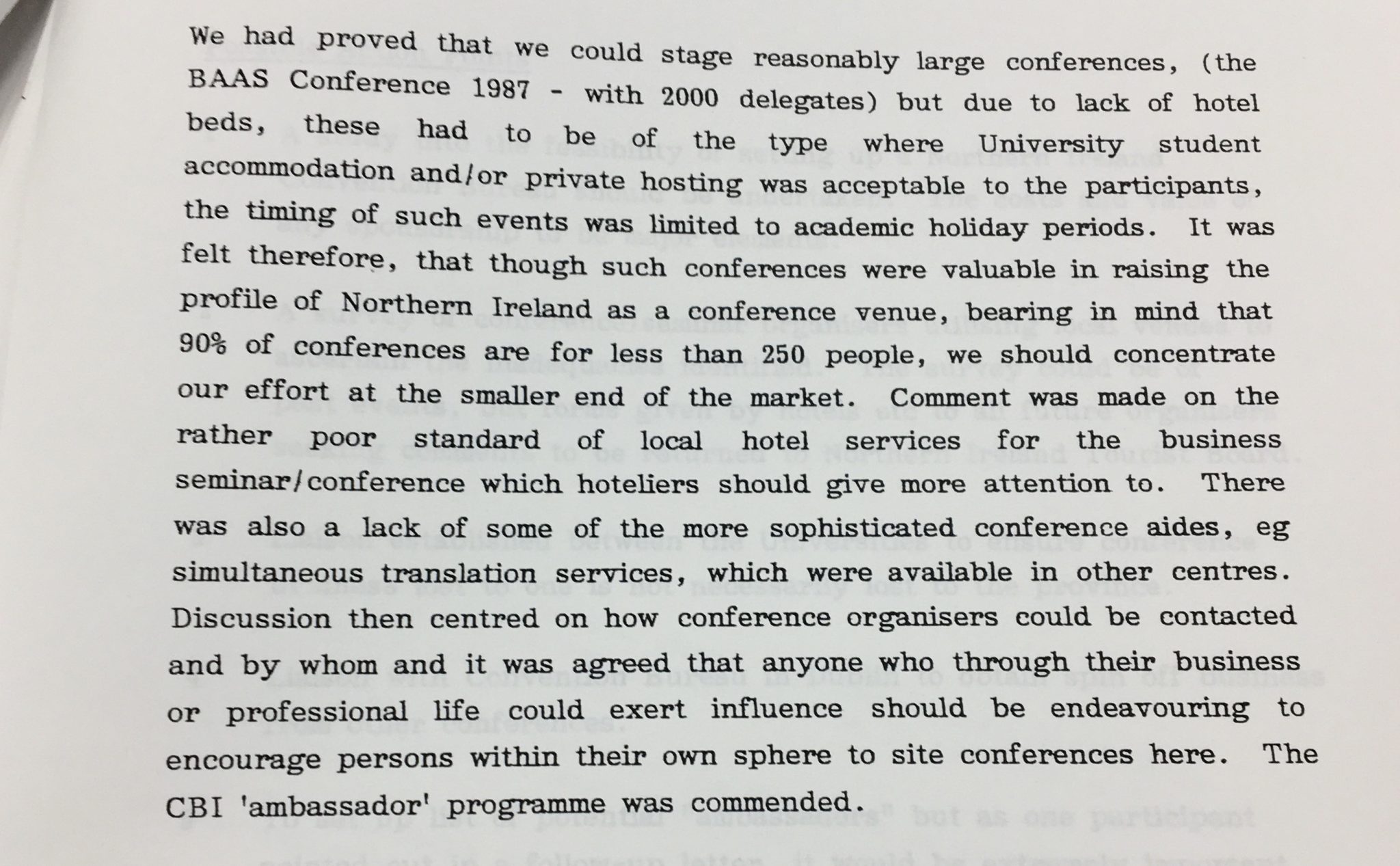Dealing with crisis: Ferry strike threatened to disrupt UU exams #20YearRule
FERRY STRIKE in May 1988 – newly released files under the 30/20 Year Rule show that as well as monitoring the levels of food and milk in Northern Ireland, emergency planning officials were alerted to dwindling supplies of paper that could have affected University of Ulster’s examinations!
















